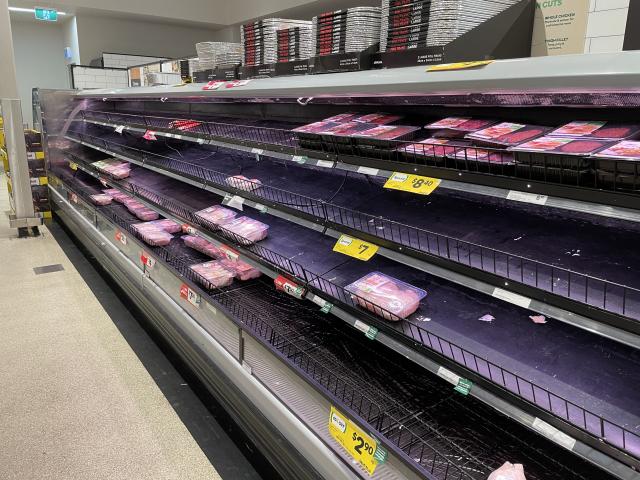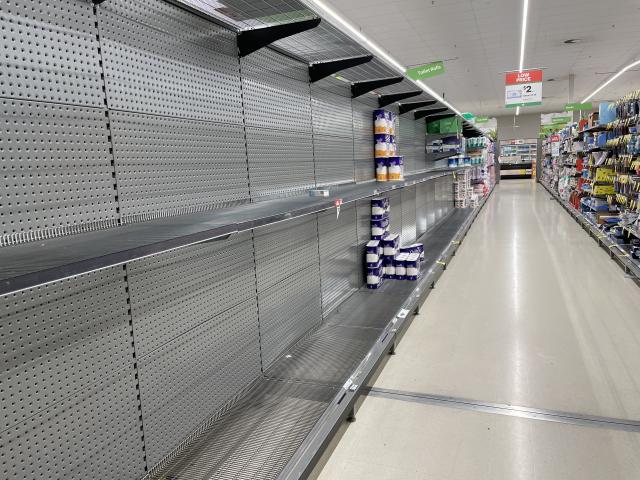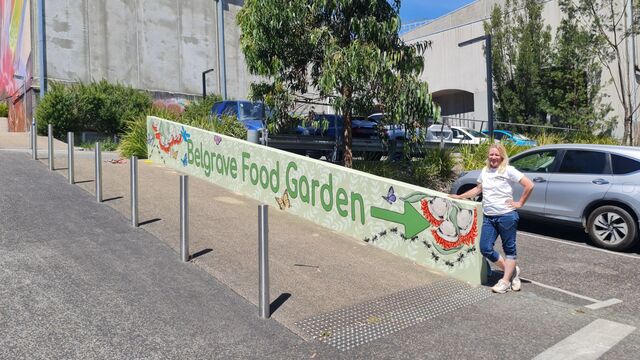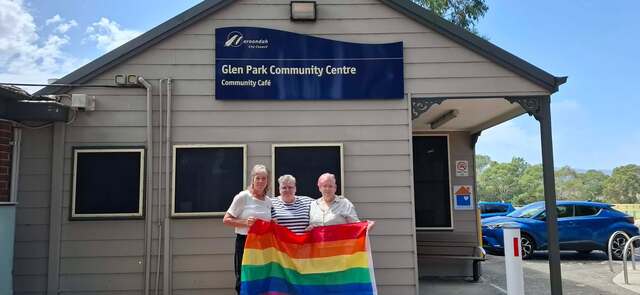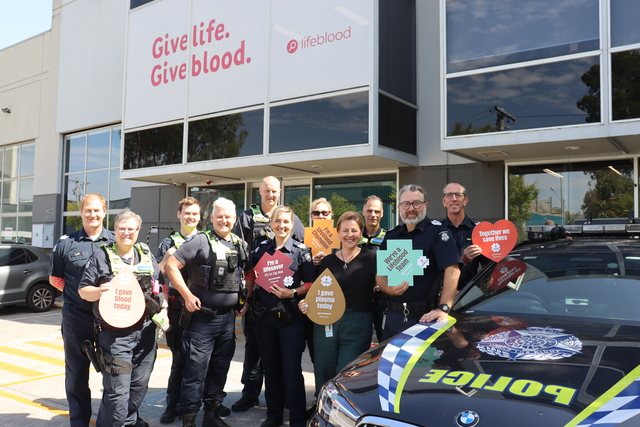If you’ve been for your regular grocery shop recently, you may have noticed the shelves are looking a little more bare than usual.
It seems supermarkets throughout the Dandenong Ranges, like the rest of Australia and Victoria, are unfortunately feeling the effects of Covid once again – but this time, it’s not panic buying that’s causing the issue.
With the Omicron wave affecting supply chains throughout the country and a shortage of staff leading to empty shelves in a range of stores, some supermarkets reinstating customer limits on certain items, as was seen earlier in the pandemic.
In an email to customers on Thursday 6 January, Woolworths CEO Brad Banducci explained the current situation and urged shoppers not to panic, as there are still plenty of food products and supplies left to go around.
“When you’re shopping with us at the moment, you might unfortunately have noticed gaps on shelf, or substitutions in your online order,” Mr Banducci wrote.
“Unlike the surge buying of early 2020 (who could forget the toilet paper), this is because of the number of people in our supply chain in isolation – from suppliers to truck drivers and distribution centre team members – which in turn is causing material delays to store deliveries.
“To give you a sense of the magnitude of the challenge, we are experiencing Covid-driven absences of 20 per cent plus in our distribution centres and 10 per cent plus in our stores,” he explained.
While Mr Banducci said that states like NSW were feeling the effects the most, he noted that this was a nationwide issue and it was “not yet clear how soon the system will come back into balance”.
A Coles spokesperson echoed Mr Banducci’s sentiments and said they were experiencing the same issues due to the Omicron wave.
“Recent increases in Covid case numbers in the community have required more people to isolate, which has impacted the availability of labour throughout the food supply chain,” the spokesperson said.
“At a time when inventory levels were already reduced in the post-Christmas period, our distribution centres are receiving fewer inbound deliveries and we have fewer team members available to process and dispatch stock to our stores.
“Meanwhile demand is elevated as customers choose to eat more meals at home to reduce their exposure to the rest of the community.”
Coles supermarkets imposed temporary purchase limits across the state on selected meat products, in order to manage the demand for these grocery items. Woolworths stores continue to remain limit-free for now.
Both supermarket giants thanked customers for their understanding during these challenging times.
“We thank our customers for their patience as we work with our suppliers and transport partners to increase deliveries and return a full range of products to our stores over coming weeks,” the Coles spokesperson said.
“We ask that they continue to treat our team with kindness and respect, and to purchase only what they need.”

